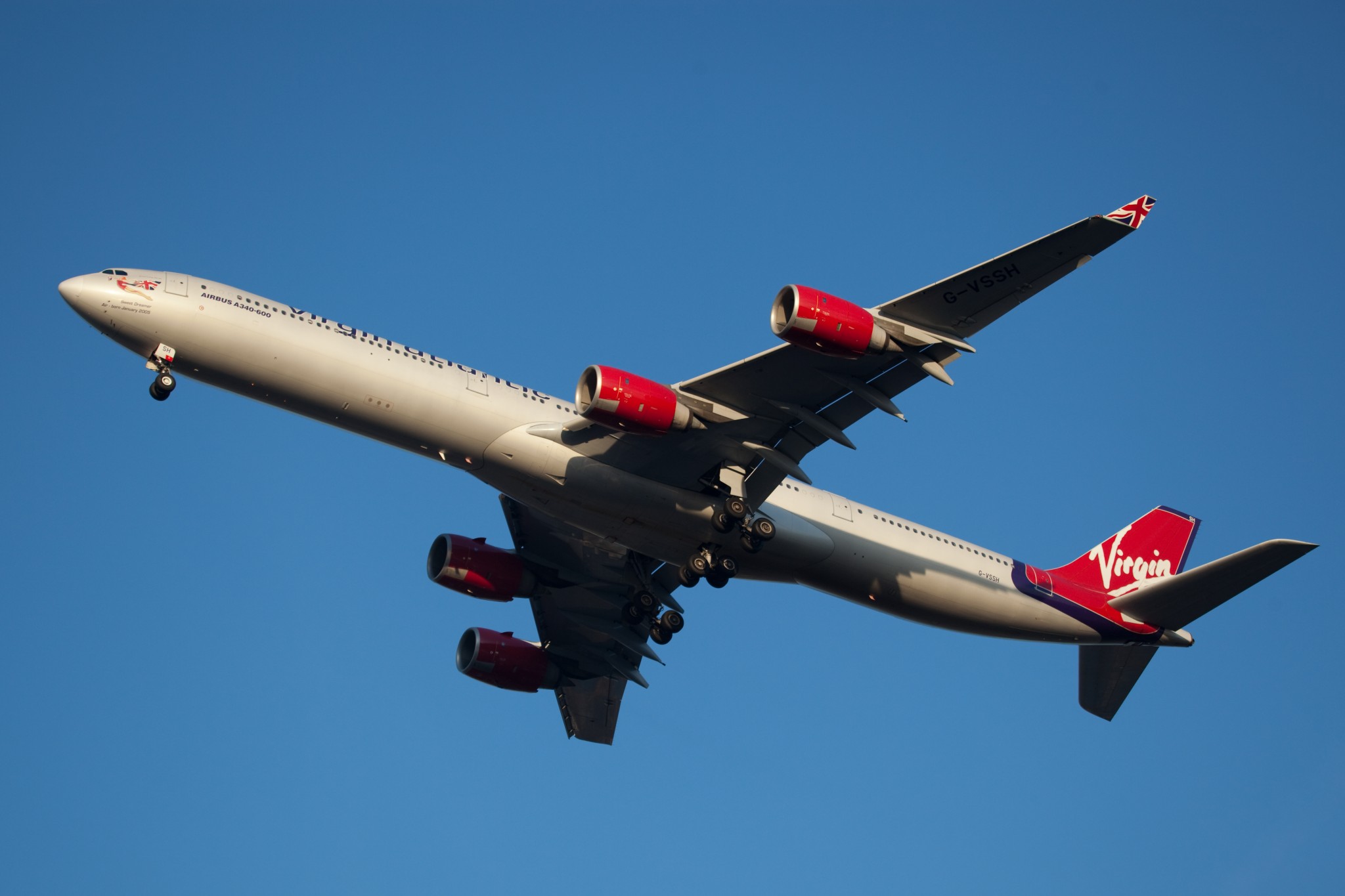Virgin Atlantic Airways (Virgin Atlantic) has announced £400m new investment from shareholders, Virgin Group and Delta Air Lines. The airline states that the investment positions Virgin Atlantic to “emerge from the Covid-19 pandemic in a strong financial position and with a bolstered balance sheet, ready to capitalise on market opportunities as demand returns”.
The airline anticipates a return to sustainable profitability from 2023, driven by a recovery in air travel demand and more than £300m of cost savings, already delivered.
The £400m of new investment is split £204m Virgin Group, £196m Delta Air Lines and the ownership structure remains unchanged; Virgin Group owns 51% of Virgin Atlantic, while Delta Air lines owns the remaining 49% share.
The airline’s creditors are continuing to support the airline with £200m reduction in cash burden through 2024.
The airline has confirmed that it continues to have the full support of credit card acquirers (Merchant Service Providers); and has further confirmed that it has fully financed new aircraft deliveries through Q2 2024, and is on track to reach a 100% next generation, fuel efficient fleet in early 2027.
The new investment bolsters Virgin Atlantic’s balance sheet, enhances its liquidity and allows the company to pay down debt. Virgin Atlantic now states that it is in a “strong position to rapidly capitalise on opportunities as demand returns, and to withstand a further downturn in air travel”.
Since the beginning of the crisis, Virgin Atlantic says that it has “taken decisive action to reduce costs, preserve cash and raise capital. With the full support of its shareholders and creditors, the airline is positioned for recovery from the pandemic, bolstered by the opening of US borders to UK nationals on 8 November, as it benefits from pent up customer demand and robust trading for Easter and Summer 2022”.
Since the pandemic, Virgin Atlantic has successfully completed a £1.5bn recapitalisation, comprising a £1.2bn privately funded, solvent recapitalisation on 4 September 2020, which included a £200m investment from founder Richard Branson; reduced five-year fleet capex spend by £880m and delivered more than £300m in cost savings including, sadly, a 45% reduction in the size of its workforce. A further c. £300m of financing in Q1 2021, including a financing of two Boeing 787s.
Virgin Atlantic was advised by Houlihan Lokey and Allen & Overy on the latest transaction.
Shai Weiss, CEO Virgin Atlantic, said: “Our story has been well documented during the pandemic. Together with our people, we have proven that we have what it takes to emerge a stronger airline. Throughout, our shareholders Virgin Group and Delta Air Lines, and our creditors, have been a source of unwavering support. As our customers look to travel again to reconnect with their families, loved ones and business colleagues around the world, we look forward to working together towards our vision of becoming the most loved travel company and becoming sustainably profitable, serving our customers with Virgin flair for the next 37 years and beyond.”
Ed Bastian, CEO, Delta Air Lines, said: “Virgin Atlantic’s business has transformed, allowing them to emerge from the pandemic a stronger airline. Their distinct and vibrant brand will be reconnecting and delighting its customers for years to come. Together, more customers will be able to take advantage of the many benefits our strategic partnership offers, including a route network serving more than 350 cities in North America, Europe and the UK.”
Josh Bayliss, CEO of the Virgin Group, said: “Since 1984, Virgin Atlantic has been a cornerstone of the Virgin brand, flying millions of customers and providing essential competition. We are extremely grateful to the Virgin Atlantic team for its incredible tenacity and commitment skilfully navigating the worst crisis ever to hit the travel industry. With the addition of new routes and a continuing focus on operating a cleaner, greener fleet, there is much to look forward to.”

